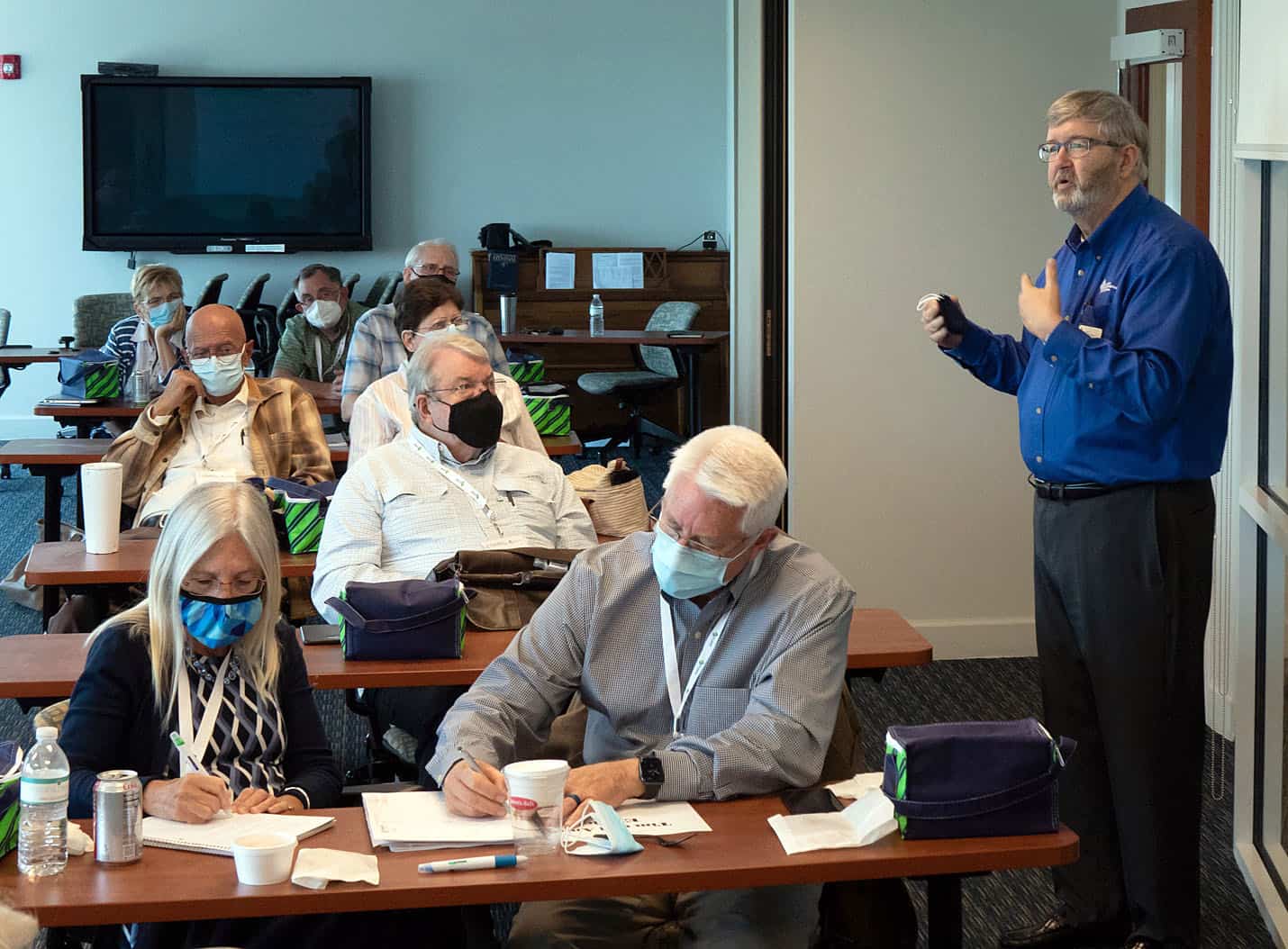When my teenaged daughter was at fault in a car wreck, five people sought representation from personal injury attorneys. I recognized them from the billboards along Interstate-4.
The settlement conference could have been a nightmare. Fortunately, my family’s insurance plan provided adequate coverage that included umbrella insurance, which covers assets at risk in a lawsuit.
It was an eye-opening experience. I learned a lot that day.
Many families don’t fare so well. Between 43% and 47% of working-aged U.S. adults are either uninsured or insufficiently covered. U.S. News and World Report puts the figure at 87 million or 45%.
Experts differ when prioritizing common insurance missteps, but a handful of costly coverage mistakes consistently rise to the fore — inadequate or no health insurance, inadequate car insurance, inadequate or no life insurance, failing to add specific homeowners’ coverage (replacement, flood, mold, hurricane), believing renter’s insurance is unnecessary, omitting umbrella liability coverage.
“I want to raise people’s awareness that if they don’t have appropriate insurance, to get it,” said the Rev. Mark Becker, president of the Florida United Methodist Foundation and a chartered financial consultant. “And if they do have insurance, to review it and make sure it is adequate. I want people to say, ‘I need to look, and I need to see that I am fully insured and that beneficiaries are up to date.’”
Insurance is something people tend to buy, hoping they won’t need it. Inevitably, some resent the expenditure because it feels like hard-earned cash evaporating with no expectation of return.
“You may be paying for something you hope you will never use,” Becker said. “But the way insurance works, is people who don’t need it help those who do.”
Vulnerable to a tight budget
Lois Durham, human resources administrator for the Florida Conference of The United Methodist Church, agrees most people, including clergy, would benefit from a comprehensive insurance review.
“(The Florida Conference) does not offer clergy health insurance,” Durham said. “We say what amount the church must pay, but pastors find their own plan. I’ve had conversations with people who pick a high deductible health plan because it is all they can afford, but are they finding the right kind of plan?”
When insurance money is folded into a paycheck, it’s easy for people to underinsure and use the balance elsewhere.
“They could buy health insurance, or they could buy a car,” Durham said. “We have no idea what people are purchasing with the additional money. However, we trust that they are purchasing some type of health plan.”
Durham says two health insurance-related mistakes are of particular concern: purchasing a health plan with too high a deductible and waiting to purchase a life insurance plan until there are preexisting conditions, which is often too late.
“Someone gets sick, and they’re in trouble because there is no way they can pay the out-of-pocket costs,” she said of the high deductible error.
And although all full-time clergy have a $50,000 death benefit, Durham says that’s not enough if the clergyperson has a family.
“And most have not purchased a supplement,” she said.
Choosing wisely
Insurance covers a lot of ground, but planning can head off serious issues. Becker offers some insights.
Life insurance
Individuals can purchase a whole life policy or an annuity.
“You may be paying for something you hope you will never use. But the way insurance works, is people who don’t need it help those who do.”— Rev. Mark Becker, Florida United Methodist Foundation
“If you tell someone, ‘Here’s a way to get a guaranteed payment for the rest of your life, indexed for inflation,’ you would take that. That’s an annuity,” Becker said. “When you’re younger, you really need to think about insurance as a good deal for retirement.
Umbrella insurance
An umbrella policy, Becker said, is additional insurance that can be purchased. And he describes it as “peace of mind that’s cheap at the price.”
“This is an eyeopener for a lot of people,” he said.
Wills
Becker says he always talks to people about wills, no matter their age, particularly if there are minor or disabled children in the family.
“Make sure you have an executor who knows your wishes,” he said. “(Otherwise) children will become sons and daughters of (Florida governor) Ron DeSantis until the courts decide. But if it’s in the will, that’s not a problem.”
Overall, it’s about developing a comprehensive plan, as early as possible, Becker says. Doing so can save thousands in premiums, but also a family’s financial future.
More information about estate planning is available from the American Bar Association. The basics and more about insurance is available from the Insurance Information Institute.
The foundation provides free financial counseling to Florida Conference clergy. More information is available by contacting the Foundation at 863-904-2970.
Becker urges anyone making decisions about their financial future to seek help from a certified financial planner at:







